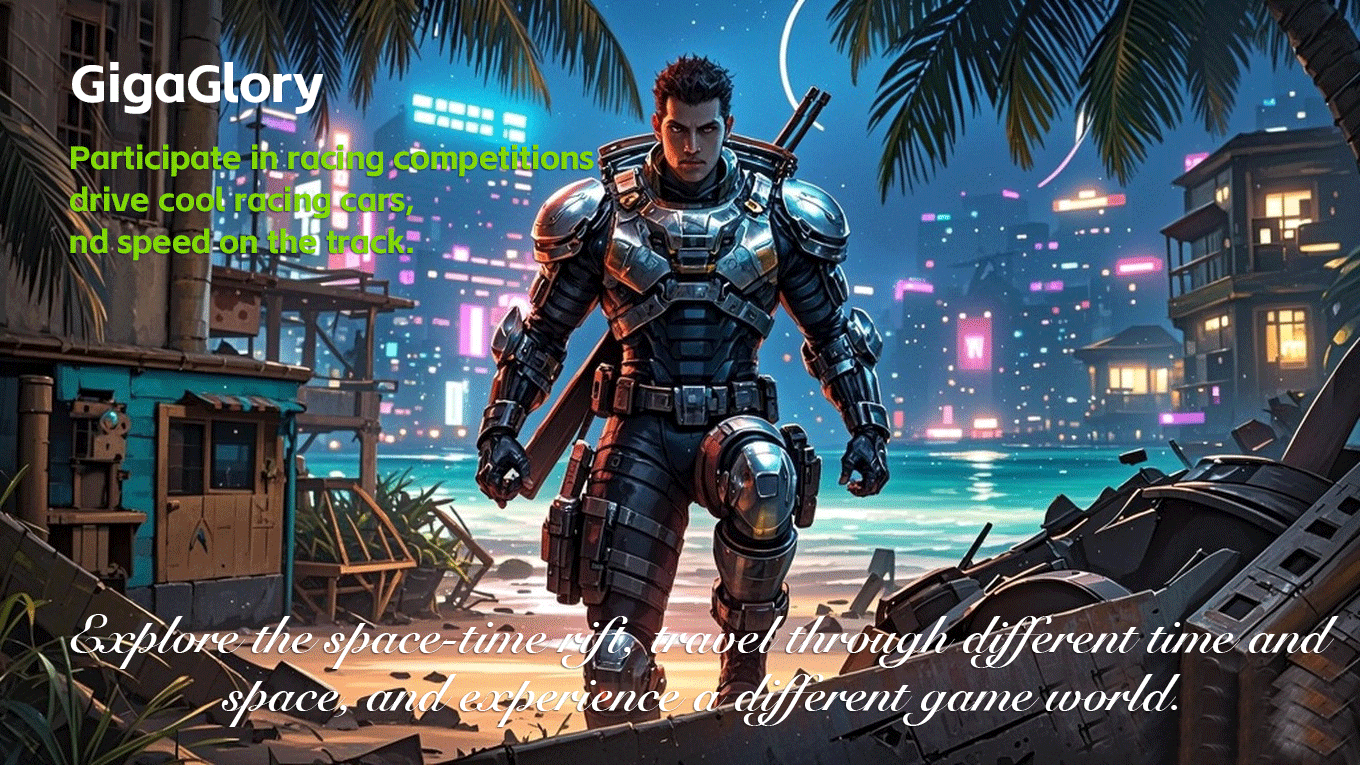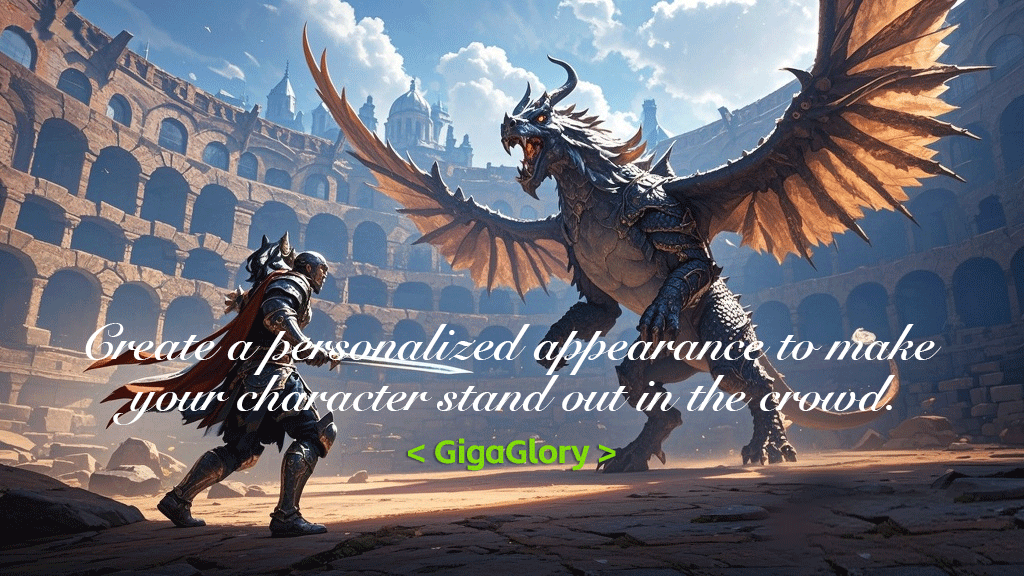Why Simulation Games Are the Future of Multiplayer Gaming: Exploring New Dimensions of Interaction
Multiplayer games have evolved over the years, changing the way we interact and engage with one another in virtual environments. Among the variety of genres available, simulation games are emerging as a leading force in shaping the future of multiplayer gaming. In this article, we'll explore the unique aspects of simulation games, how they enhance multiplayer interactions, and why they are paving the way for a more immersive gaming experience.
Understanding Simulation Games
Simulation games are designed to emulate real-world activities, giving players the chance to create, manage, and experience complex scenarios within a virtual environment. These games offer not just entertainment, but also elements of strategy, creativity, and social interaction. Popular examples include games like The Sims and Animal Crossing, where players can engage and collaborate with friends and family. The appeal of simulation games lies in their ability to provide a platform where interactions can take various forms, thus cultivating a sense of community.
The Appeal of Multiplayer Experiences
As human beings, we thrive on connection. Multiplayer games allow us to share experiences, strategies, and achievements with others. But what makes simulation games particularly appealing in this realm? Here are some of the key factors:
- Interactivity: Unlike traditional games that may only offer competitive dynamics, simulation games encourage players to cooperate and collaborate.
- Realistic Scenarios: The more realistic the simulation experience, the easier it is for players to immerse themselves and embrace their roles.
- Creativity: Players can express themselves through customization, whether that means designing a character or building a virtual city.
Enhanced Social Interaction
One of the standout features of simulation games is the engagement level they provide. Players are not just battling enemies or competing against one another; they are engaging in shared narratives. These games enable players to communicate and strategize in real-time, adding layers to their interactions.
Examples of Social Interaction in Simulation Games
| Game Title | Type of Interaction | Player Engagement Level |
|---|---|---|
| The Sims | Character Interactions | High |
| Animal Crossing | Resource Sharing | Medium |
| Paladins | Team Strategies | High |
Paladins: A Case of Game Crashes
While simulation games are setting incredible benchmarks, it's essential to recognize challenges faced within the industry. For example, paladins have occasionally encountered issues like paladins crashes while loading match, leading to disrupted multiplayer experiences. Such technical hiccups can significantly affect player enjoyment and engagement.
The Rise of Cooperative Gameplay
As gaming technology advances, we've seen a shift toward cooperative gameplay. Simulation games naturally fit into this mold. Players can work towards a common goal while sharing resources and strategies. This not only builds a sense of camaraderie but also strengthens friendships within the game world.
Key Benefits of Cooperative Gameplay
- Boosted Problem-solving Skills
- Enhanced Communication
- Stronger Community Building
Future Innovations in Simulation Games
With the rapid advancements in technology, particularly in virtual reality (VR) and augmented reality (AR), the future of simulation games looks promising. Imagine a world where you can build a city alongside your friends in a VR setting, allowing for far-reaching interactions that feel more real than ever. Such advancements will redefine multiplayer experiences, merging reality with the virtual world.
Matt Pranka Delta Force: A Look at Integration
Let's consider another angle—how popular figures in gaming, like Matt Pranka of Delta Force, influence the multiplayer gaming landscape. Game designers often look to successful streams and players for inspiration, allowing them to understand what works and what doesn't. This ongoing dialogue and engagement drive innovation in simulation games, pushing them further into the future of multiplayer gaming.
Addressing Potential Concerns
However, as we venture into new realms, it's crucial to also address potential challenges. Issues like game stability, privacy concerns, and maintaining fair play are paramount. Each game developer must rise to these challenges to foster a healthy gaming environment.
Preparedness against Game Crashes
- Ensuring Robust Server Infrastructure
- Developing Responsive Support Systems
- Conducting Thorough Beta Testing
Conclusion: A Bright Future for Simulation Games
In conclusion, simulation games hold promise for many facets of multiplayer gaming. They encompass the magic of connection, collaboration, and creativity. As game developers continue to innovate and expand the boundaries, we can anticipate a future where multiplayer games become even more engaging and meaningful. So, whether you’re crafting your virtual life in The Sims or navigating friendships in Animal Crossing, remember, every interaction contributes to the larger tapestry of gaming culture.
FAQ
What makes simulation games unique from other genres?
Simulation games focus on realism and interpersonal interaction, allowing players to engage in complex scenarios rather than just competitive gameplay.
How do simulation games enhance player interaction?
They create immersive environments that encourage teamwork, resource sharing, and collaborative problem-solving, fostering deeper player connections.
Can technical issues affect the multiplayer experience?
Yes, glitches like paladins crashes while loading match can disrupt gameplay and diminish the overall experience for players.



